
Read offline
Recommendation
Consider this scenario: Two groups are playing basketball. One group wears black, the other white. Researchers film each group separately passing a basketball back and forth, and superimpose the two films on a television monitor. They ask research participants to add up the number of passes the players make. Because the separate images of basketballs flying here and there overlap, the counters must pay close attention. Under such circumstances, how many of the observers would fail to see a man dressed as a gorilla stroll through the basketball court while dramatically thumping his chest? Believe it or not, eight out of ten. Scientists call this “inattentional blindness.” Distinguished Harvard professor Max H. Bazerman refers to such tests as he explains the concept of “bounded awareness.” When people fail to notice information, their lack of perception may preclude them from making sound decisions. Bazerman fills his book with learned insights, fascinating research and intriguing tests. He exposes the mental biases, skewed logic, false premises and misleading emotions that interfere with good decision making. getAbstract recommends this tantalizing book to those who want to understand the nuts-and-bolts of the thinking process, and to enhance their decision-making prowess.
Summary
About the Author
Max H. Bazerman is the Straus Professor at the Harvard Business School, and author of Negotiating Rationally and Conflicts of Interest.








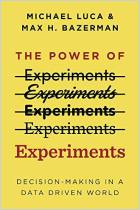

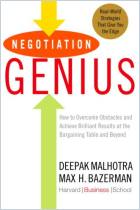

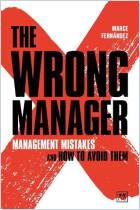
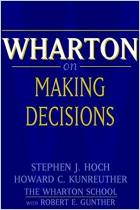
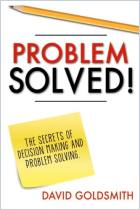
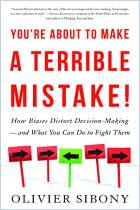
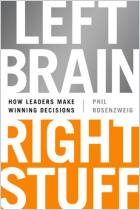





Comment on this summary or Начать обсуждение